How the Raspberry Pi AI Camera Enhances Real-Time Object Detection
The Raspberry Pi AI Camera Module represents a breakthrough in edge AI technology, allowing developers and hobbyists to bring machine learning capabilities to their projects without needing additional hardware accelerators. First showcased at Embedded World 2024, this camera module comes equipped with the Sony IMX500 Intelligent Vision Sensor, offering real-time inferencing and advanced image processing. Whether you’re building a robotics project or an AI-powered security system, this camera provides powerful on-device AI processing that reduces the load on the host Raspberry Pi, making it an efficient and versatile tool for various applications.
Watch Ian discuss the new Raspberry Pi AI Camera in this episode of the Electromaker Show!Overview of the Raspberry Pi AI Camera
The Raspberry Pi AI Camera is designed to bring advanced AI capabilities to the edge, empowering users to perform real-time inferencing with ease. At the heart of this camera module is the Sony IMX500 Intelligent Vision Sensor, which enables the camera to handle tasks such as object detection, tracking, and pose estimation directly on the device, minimizing the need for external processing power. With a starting price of $70, this AI camera is an accessible option for developers, hobbyists, and educators looking to integrate artificial intelligence into their Raspberry Pi projects. It also seamlessly integrates with the Raspberry Pi Zero and other Raspberry Pi models, making it versatile for various use cases.
Learn more about the product on the official Raspberry Pi product page.

Specifications and Capabilities
The Raspberry Pi AI Camera offers impressive technical specifications that make it ideal for a wide range of AI-driven projects. Powered by the Sony IMX500 sensor, the camera captures images at a resolution of 12.3 megapixels, with a maximum output of 4,056 x 3,040 pixels. Its compact design (25x24x11.9 mm) ensures easy integration into projects, while its 4.74 mm focal length and adjustable focus range (from 20 cm to infinity) provide flexible image capturing capabilities.
- Resolution: 12.3 MP, 4,056 x 3,040 pixels
- Framerate: 30 fps in 2×2 binned mode, 10 fps at full resolution
- Focus Range: 20 cm to infinity, manually adjustable
- Lens: Focal length of 4.74 mm
- Dimensions: 25×24×11.9 mm

Beyond its hardware, the AI camera boasts seamless software integration through Raspberry Pi’s libcamera and Picamera2 libraries, making it simple to incorporate AI functions like object detection, gesture recognition, and pose estimation. By performing inferencing tasks on-device, the camera reduces the processing load on the Raspberry Pi’s CPU, allowing for more efficient use of system resources. This makes it ideal for applications requiring real-time AI at the edge, including robotics, automation, and security systems.
Use Cases and Applications
The Raspberry Pi AI Camera is packed with potential for a wide array of applications, from robotics to smart home systems. Its ability to process AI tasks directly on the device, thanks to the Sony IMX500 sensor, makes it a great solution for projects that require real-time inferencing.
Robotics: In the field of robotics, the AI camera’s real-time object detection and person tracking capabilities allow robots to navigate environments more intelligently and safely. This is especially useful for applications where immediate responses to environmental stimuli are critical, such as autonomous vehicles or service robots.
Home Automation & Security: The AI camera is also an excellent addition to smart home setups, where it can be used for surveillance systems that identify and track motion or intruders in real time. Its ability to perform on-device AI processing reduces latency and enhances the effectiveness of such systems.
Educational Projects: For developers and hobbyists, the Raspberry Pi AI Camera opens up possibilities for experimenting with machine learning models. Its ease of integration with platforms like TensorFlow and PyTorch makes it a versatile tool for both experienced developers and beginners interested in AI and vision-based applications.
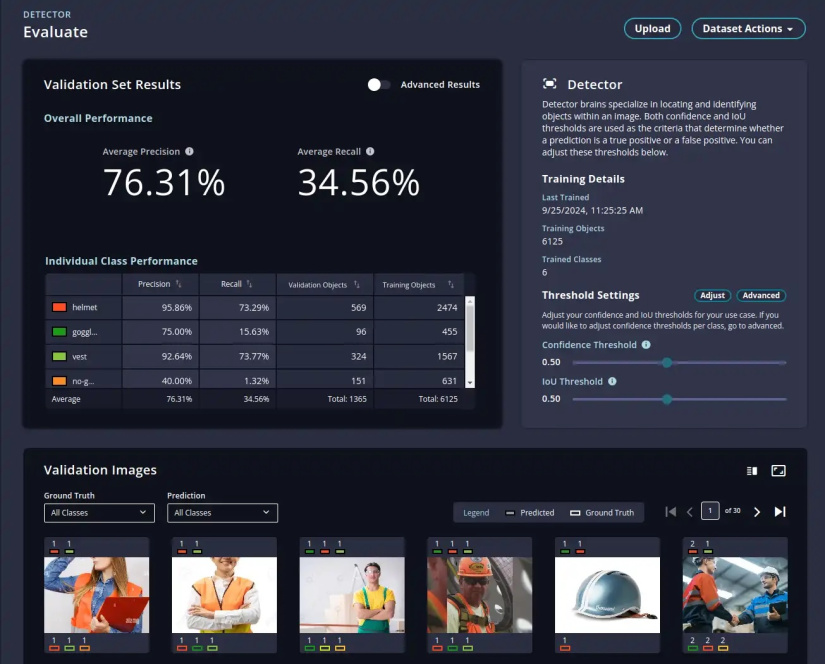
Raspberry Pi AI Camera - Final Thoughts
The Raspberry Pi AI Camera offers an affordable yet powerful way to integrate AI and machine learning into a variety of projects. Whether you’re working on robotics, home automation, or educational experiments, this camera’s real-time edge AI processing capabilities make it a versatile tool for developers of all levels. Its compact design, advanced features like the Sony IMX500 sensor, and seamless integration with the Raspberry Pi ecosystem allow for countless applications that reduce CPU load and enhance efficiency.
With its real-time processing capabilities, the Raspberry Pi AI Camera opens up new possibilities for smart vision projects, making AI accessible and practical for everyday developers. Whether you’re just getting started or looking to push the boundaries of what’s possible with AI at the edge, this camera module is a valuable addition to any toolkit.
Did you enjoy this article?
Make sure you subscribe to The Electromaker Show for similar content and subscribe to our monthly newsletter!




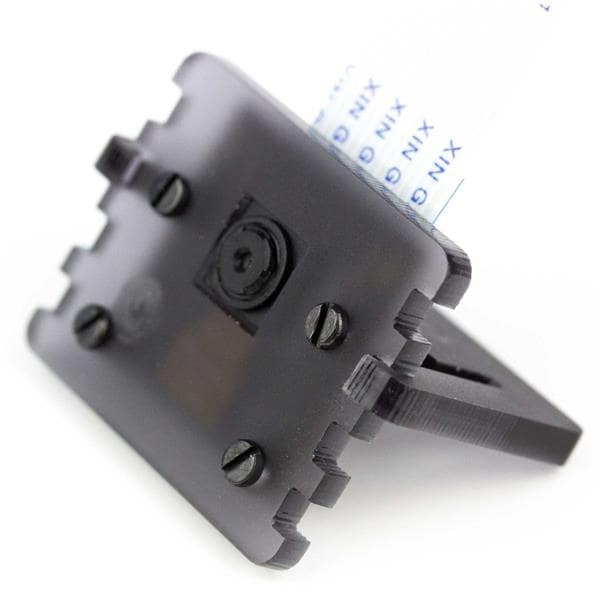


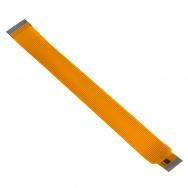
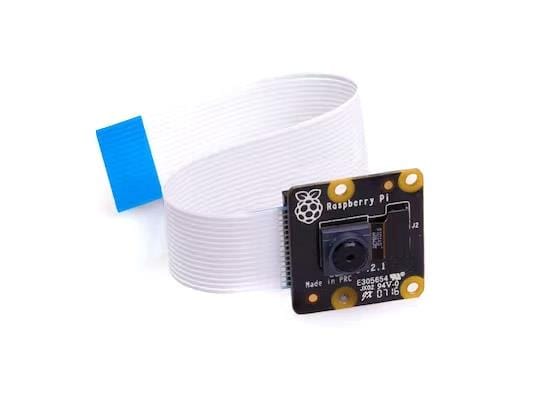
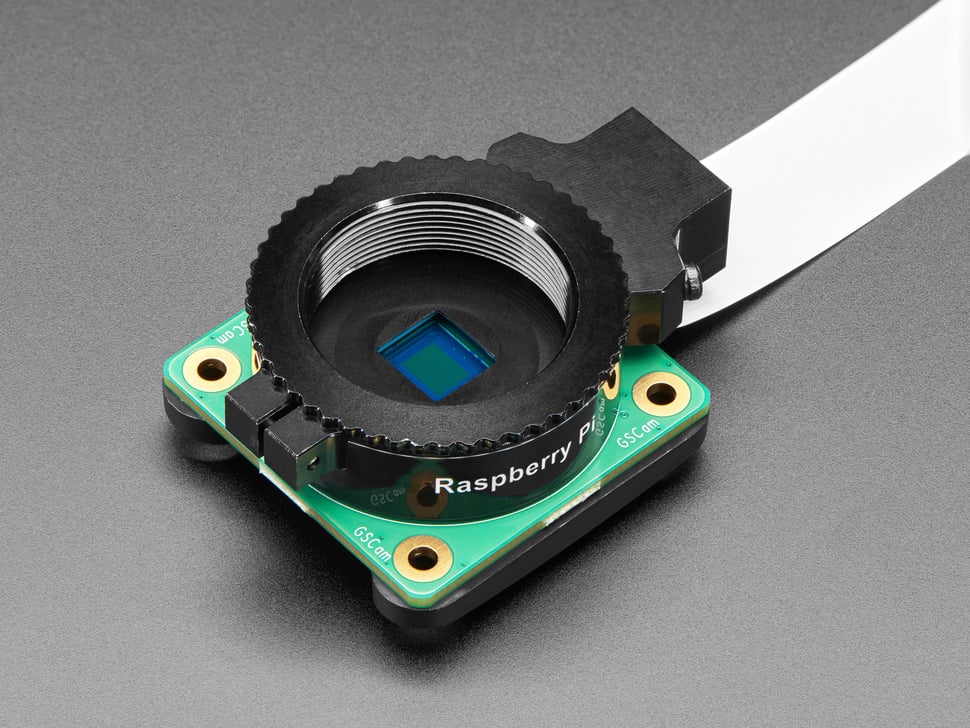
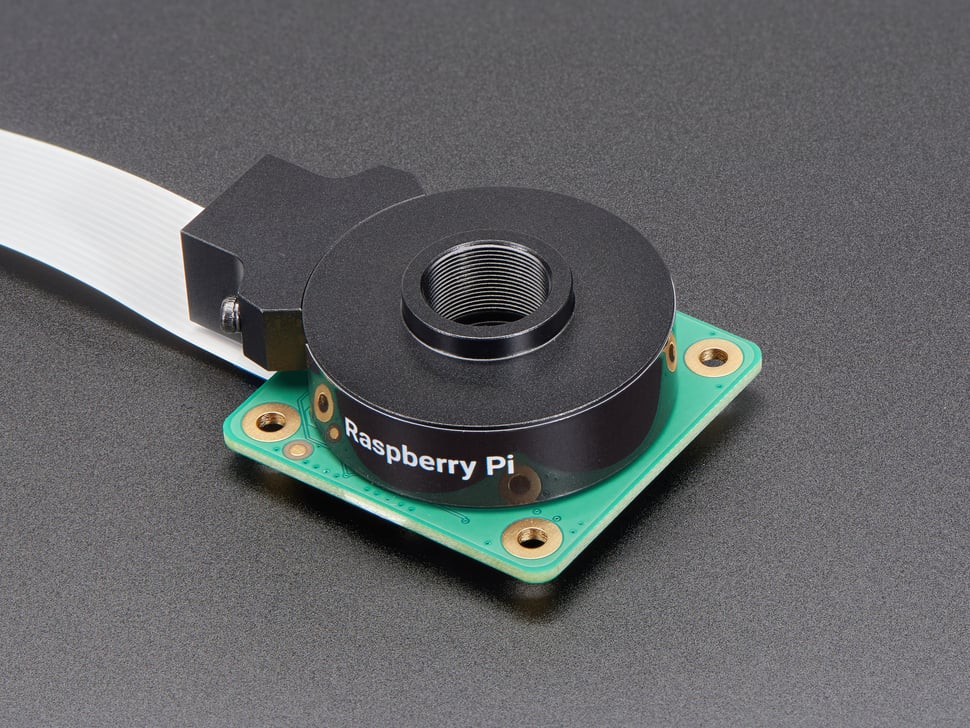
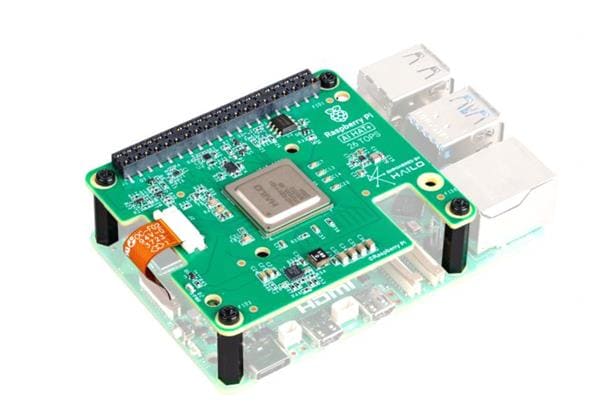
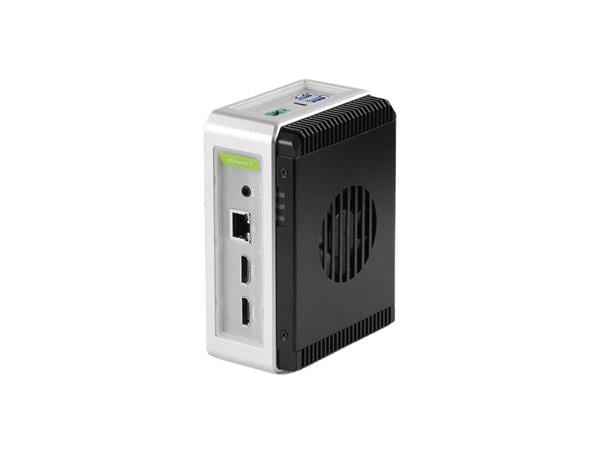
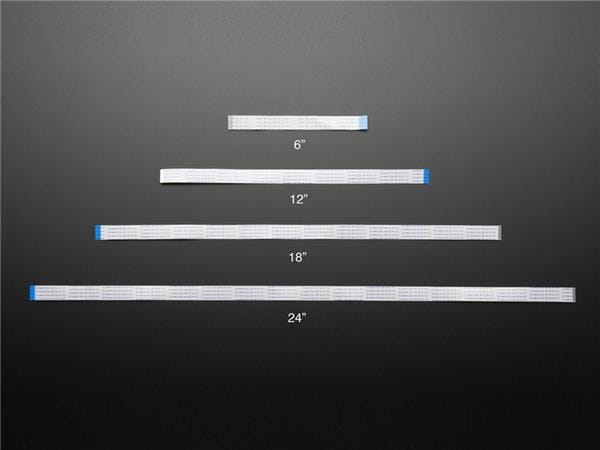
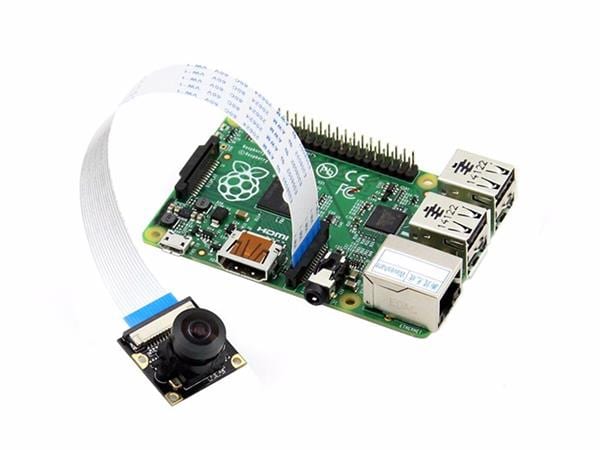
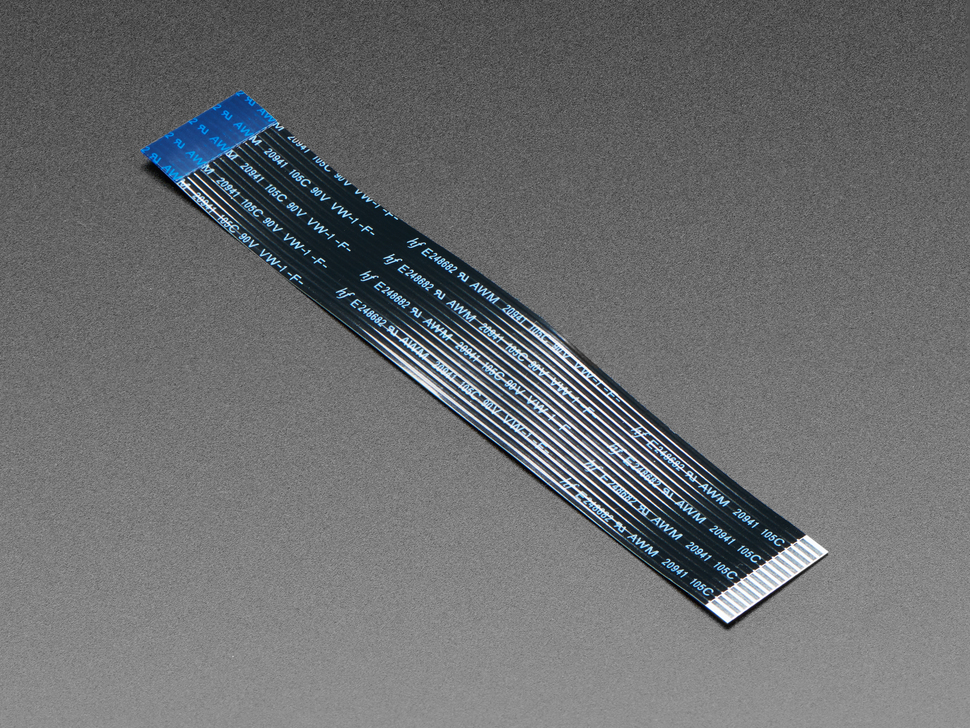
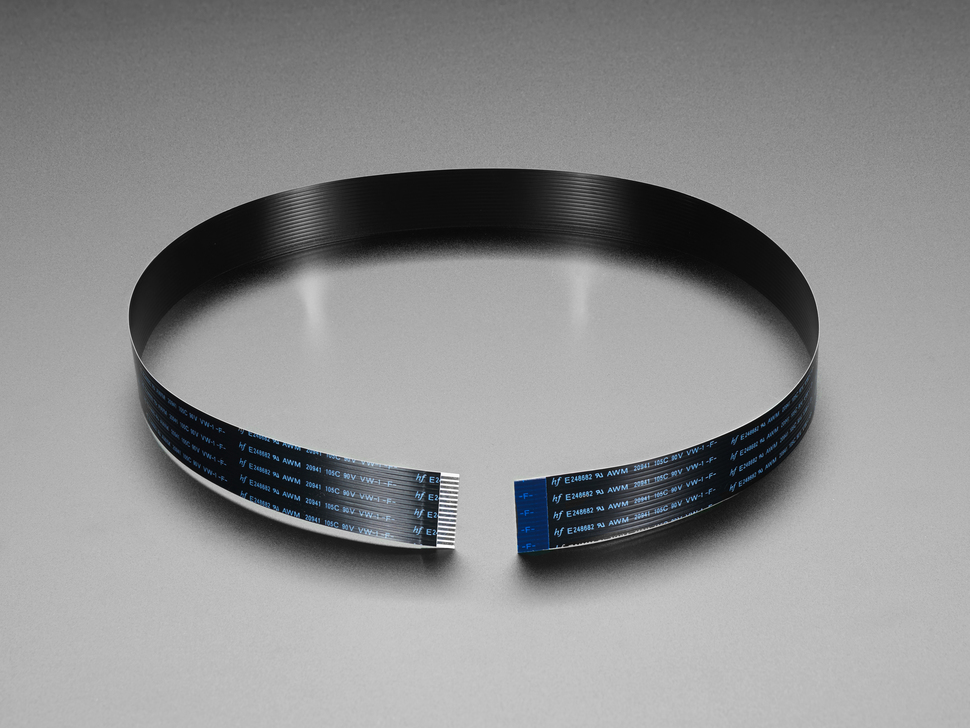
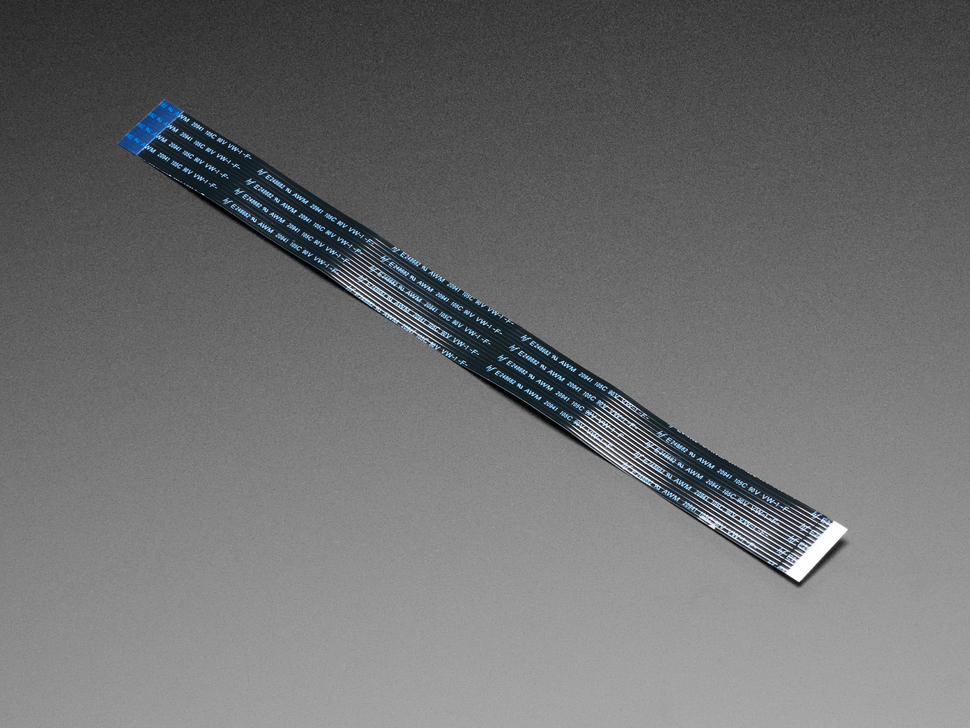
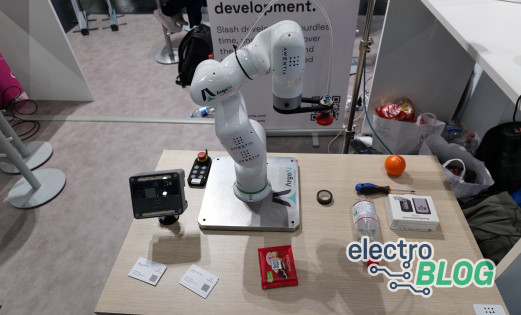
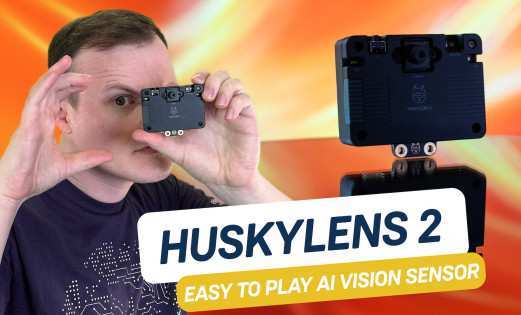
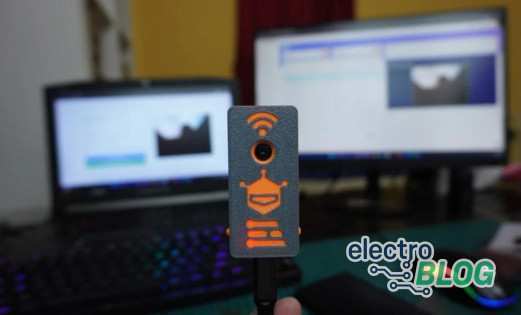


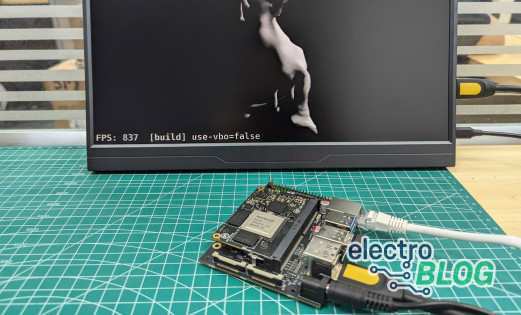
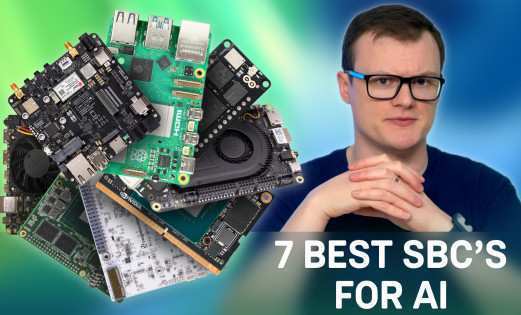

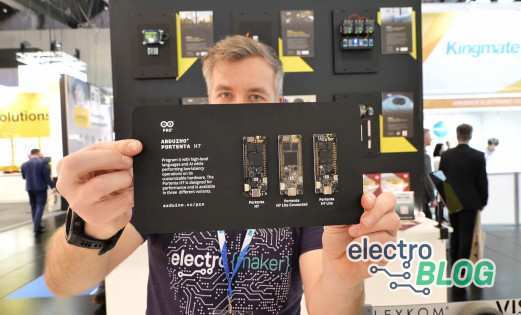
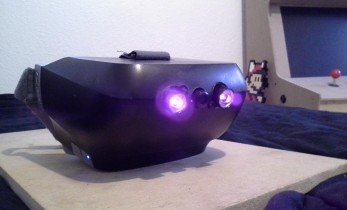




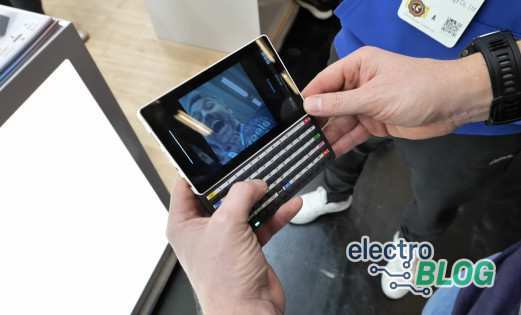

Leave your feedback...